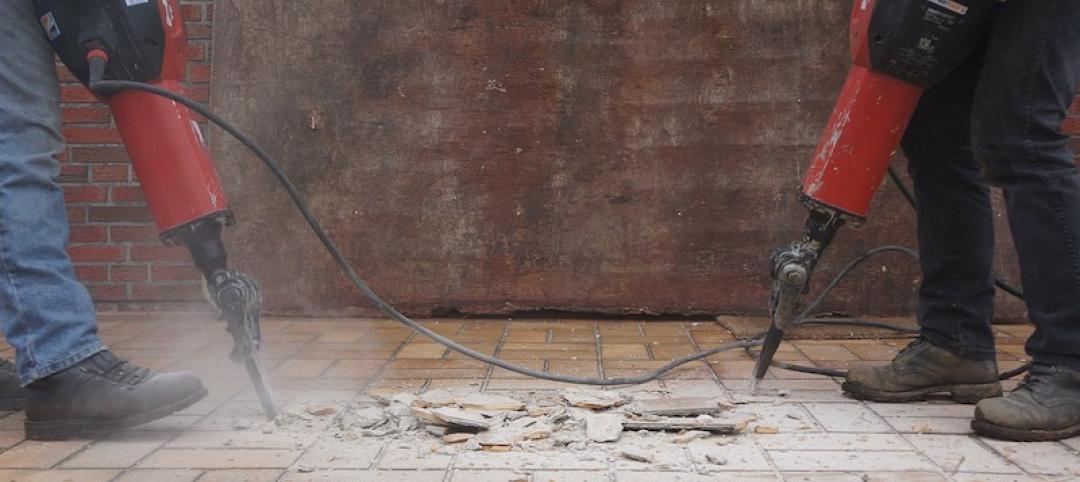The Washington D.C. Council recently passed legislation that will make it more expensive for owners to hold vacant or blighted property.
The Vacant Property Enforcement Act of 2016 reduces the maximum amount of time a vacant property can qualify for an exemption from higher vacancy tax rates. It also closes a loophole that allows continuous renewal of construction permits to qualify for tax exemptions, and require owners of vacant properties to prove they are no longer subject to the higher tax rates.
"The District has a substantial number of vacant properties, many of which are poorly maintained,” the bill report says. "Property owners may keep their properties vacant or fail to maintain them because they expect property values to rise over time. Poorly maintained and vacant properties can damage surrounding communities by being eyesores, by serving a venue for drug use and by providing a home for rodents or other animals. The net effect is to reduce the feeling of a cohesive community and depress surrounding property values."
The legislation reduces the time an owner can claim an exemption from higher taxes because of construction to one year for residential properties and to two years for commercial properties. Fines for failing to comply with city property regulations will rise from $1,000 to $5,000.
Related Stories
Codes and Standards | May 26, 2020
Architectural Reuse Council will step up efforts to reuse construction waste
Cabinets, appliances, lighting, and lumber diverted from landfills to be repurposed.
Codes and Standards | May 26, 2020
Is CLT really a green solution?
Sustainability depends upon forest stewardship, product manufacturing process.
Codes and Standards | May 20, 2020
St. Louis is first Midwest city to pass building energy performance standard
Allows owners broad flexibility on how to achieve goals.
Codes and Standards | May 20, 2020
Supreme Court says Georgia cannot copyright its entire official code
Ruling may have implications for other states claiming copyright for building codes.
Codes and Standards | May 18, 2020
Strategies to reduce personal contact in multifamily properties
Design can improve health amid COVID-19 pandemic.
Codes and Standards | May 18, 2020
Canada Green Building Council says building industry lacks zero-carbon skills, knowledge
Net-zero target requires shift in thinking and practices.
Codes and Standards | May 18, 2020
California’s grid can support all-electric buildings
Load-shifting will help reduce peak demand.
Codes and Standards | May 15, 2020
European cities to revamp transportation after pandemic reopening
Road closures, new rules for public transit will be imposed.
Codes and Standards | May 14, 2020
Washington State construction industry restart plan has three phases
In state with earliest COVID-19 cases, advisory group developing priorities based on risk.
Codes and Standards | May 14, 2020
More mass timber beam and column options available in the U.S.
Freres Lumber unveils new line of structural elements suitable for high-rise buildings.

















